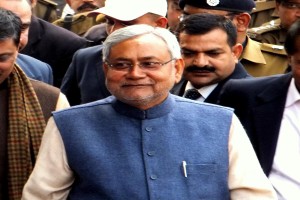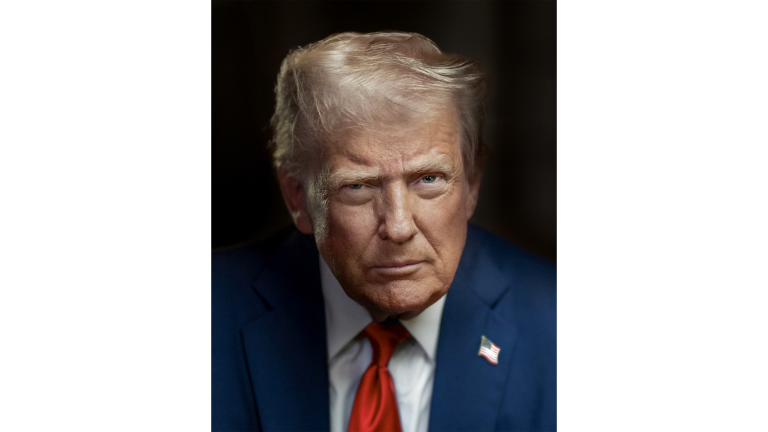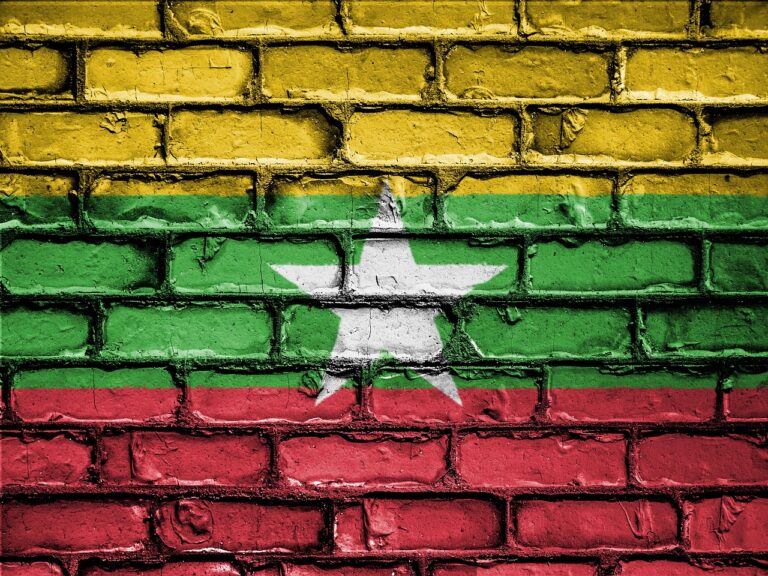
Analysis
By DK Sinha
Patna: The Bharatiya Janata Party on Sunday decided against reappointing its leader, Sushil Kumar Modi, as deputy chief minister of Bihar. Modi is considered close to the Janata Dal (United) president Nitish Kumar. On a day when Nitish was elected by the National Democratic Alliance as the leader of the House, the BJP’s move portends that all may not be hunky dory for Nitish once he swears in for the fourth time as the Chief Minister of Bihar.
Nitish with 43 MLAs might be happy with BJP’s gesture of making him the chief minister even when it has 74 MLAs. The main opposition party, RJD emerged as the single largest party in the election 75 MLAs.
Nitish also surprised everybody by disclosing that he was not in favour of becoming the Chief Minister again but instead wanted that the top post should go to the BJP. He also claimed that he accepted the post of chief minister in the insistence of BJP.
Amidst such mind games, that have just started, Nitish would also face challenges of Corruption, Crime and Communalism, and Prohibition.
Nitish had always patted his back by boastfully claiming that corruption had reduced significantly. But on the contrary, opposition leaders during the electioneering targeted the government for the alleged rampant corruption at all levels. Even the NDA partner and Lok Janshakti Party chief Chirag Paswan had parted ways just before the state elections, attacking Nitish government on the corruption front. Income Tax department even conducted raids against contractors, involved in the execution of tap water scheme, giving credence to the corruption charges. Nitish now does face an onerous task to check corrupt practices firmly if it wants to win back the confidence of people.
Nitish though scored maximum on law and order front as people of the state, who had seen lawlessness of 15 years during Lalu-Rabri regime, heaved a sigh of relief following the installation of NDA government in 2005. According to the NCRB data, dacoity had shown a significant drop of 80 percent, to a rate of 0.3 in 2019 from 1.5 in 2004.
However, the data also indicates an alarming rise of 130.9 percent rise in the rate of thefts, which was at 12.6 percent in 2004, increasing to 29.9 in 2019. Moreover, while the rate of robbery decreased from 2004 to 2009, the figures showed a 17.6 percent increase from 2009 to 2019. But murder rates have decreased by 42.2 percent in the 15-year period. Yet, interestingly, the attempt to murder cases have increased. The rate of attempts to murder showed an increase of 82.3 percent from 2004 to 2019. Undoubtedly, Nitish will now have to put its acts together to tone up the law enforcing machinery.
As far as communalism is concerned, from January 2010 to June 2013, there were reportedly 226 “communal incidents” across the state. The number reportedly surged almost three times to 667 from June 2013 to July 2015. In just three months in 2018, the state witnessed 64 communal incidents in Bihar: 21 in January, 13 in February and 30 in March, across 9 districts including Bhagalpur, Siwan, Munger and Nalanda.
The Nitish Kumar government had succeeded in stopping some communal incidents from converting into riots in the past.
Incidentally, poor enforcement of prohibition had also become a strong poll plank during the electioneering. The opposition had attacked the government vehemently on this front. Even BJP MP from Jharkhand Nishikant Dubey had urged Nitish to amend the law that imposes a blanket ban on the sale and consumption of liquor in the state. Dubey, a Lok Sabha MP from Godda in Jharkhand, said that the ban had given rise to illegal supply channels from neighbouring Uttar Pradesh, Jharkhand, Bengal, and even Nepal.
The Bihar Prohibition and Excise Act has stringent punishments for violators. While the first time offenders may not face a mandatory jail term, the law has a provision of a minimum of 10 years of jail which extends to life term.
The new law came into effect from April 1, 2016. Banning liquor was a key poll promise made by Kumar ahead of the 2015 Assembly polls.
Nitish Kumar had time and again advocated for a nationwide ban on liquor and argued that Bihar has emerged a role model by banning sale and consumption of alcohol as delegations from many states have been visiting the state to study its policy.
Obviously Nitish, in his fourth term as Chief Minister, will have to use all his skills — political as well as administrative — to overcome the challenges that he is likely to face at a time when his own party lacks the numbers and strength to enforce his decisions.





